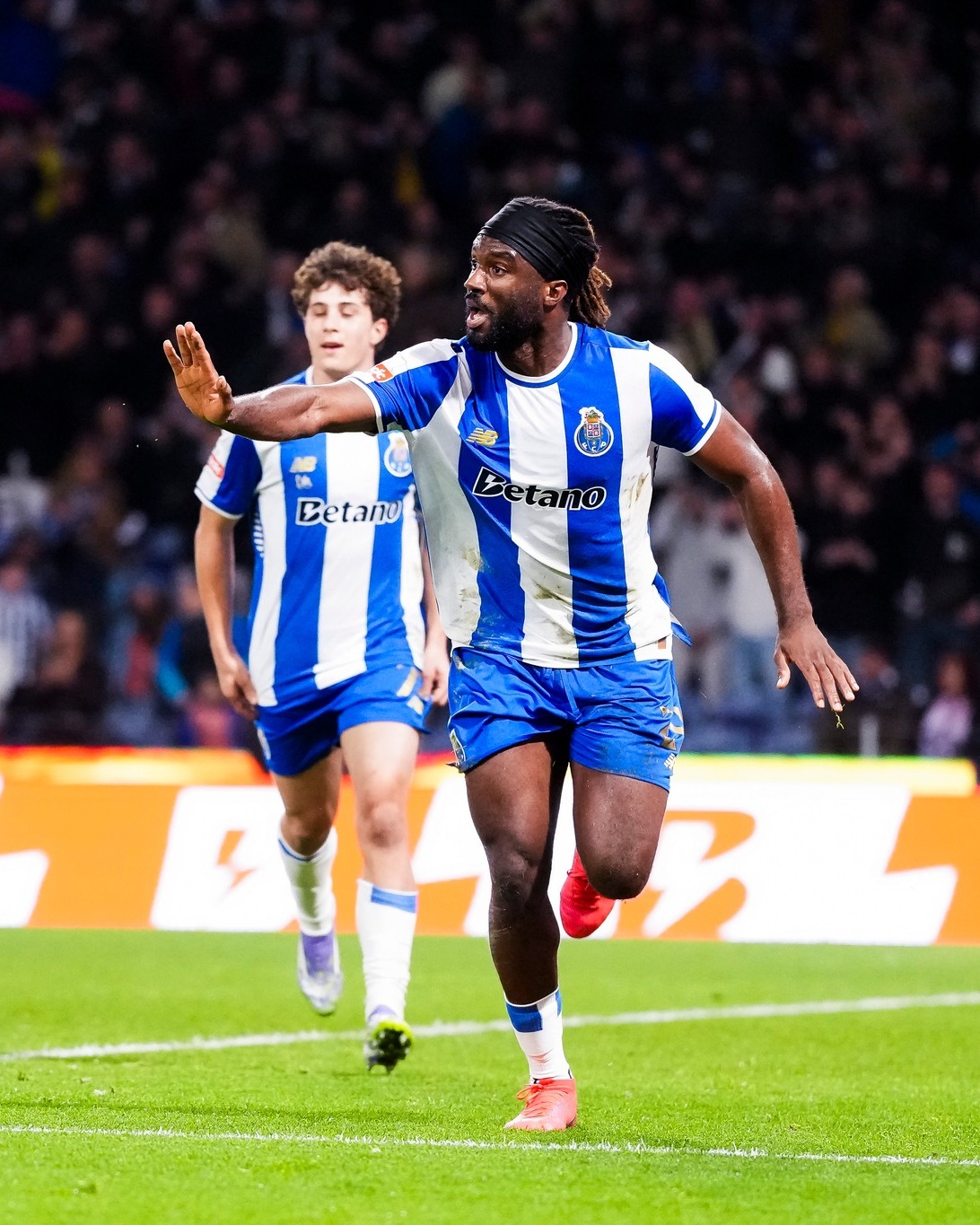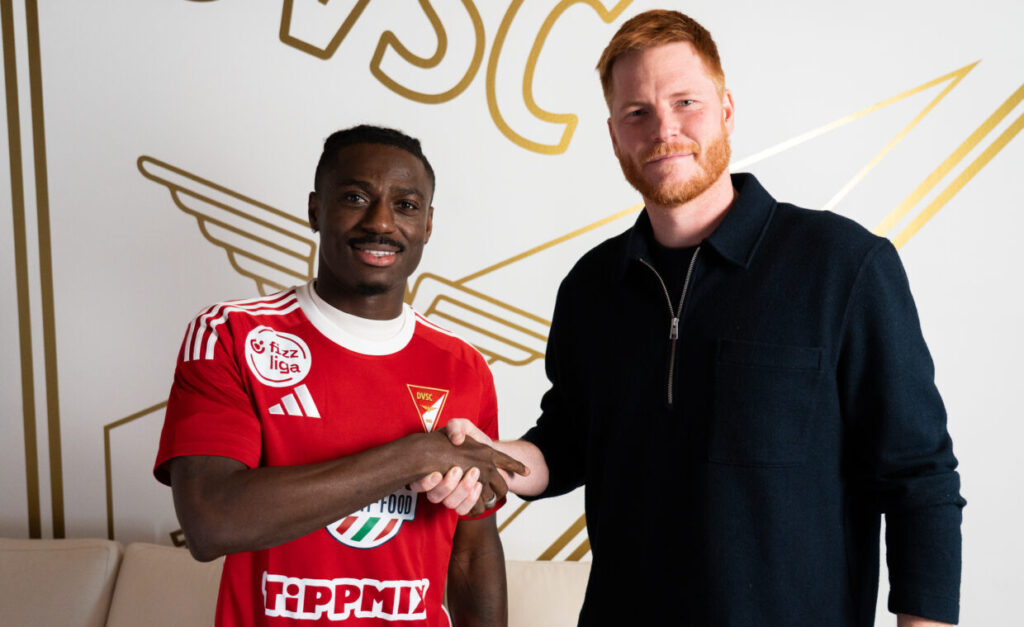In sports betting, understanding the odds is your first step toward making informed bets. Grasping the basics of betting odds is crucial. This guide will explain the different types of odds, what they mean, and the relationship between odds and probabilities. And give you a tip or two on improving your betting game.
What Types of Odds Exist?
Betting odds come in three main varieties:
- Decimal Odds: The standard in many parts of the world, including Nigeria and South Africa. Most soccer betting sites outside the US use them. They represent the total payout (stake included) for every unit bet.
- Moneyline Odds: Predominantly used in the US, these odds are either positive or negative. They indicate how much you need to bet to win $100 or how much you win if you bet $100.
- Fractional Odds: Common in the UK, these odds, expressed as fractions, show the profit you stand to make on your stake.
What Do These Odds Mean?
Understanding these odds is essential for making informed bets:
- Decimal Odds: If the odds are 3.00, and you place an N100 bet, your total return if you win is N300 (N200 profit plus N100 stake).
- Moneyline Odds: Positive odds (e.g., +200) mean you win N200 on a N100 bet. Negative odds (e.g., -150) show that you need to bet N150 to win N100.
- Fractional Odds: Odds of 3/1 (read as "three to one") mean you win N30 for every N10 bet, plus your original stake.
Short Odds vs Long Odds
- Short Odds: These indicate a high likelihood of an event occurring. Betting on short odds means you're more likely to win, but the winnings are smaller. This is the safer option.
- Long Odds: Reflect a lower probability of an event happening. Bets on long odds are riskier but offer higher payouts if you win. This option is riskier but potentially more rewarding.
What Do Odds Say About Probabilities?
Odds are directly linked to the perceived probability of an event's outcome. Here's how to understand it:
- Decimal Odds: You can calculate the implied probability using the formula 1/decimal odds. For example, odds of 3.00 imply a 33.33% chance (1/3.00 = 0.33).
- Moneyline Odds: The calculation differs for positive and negative moneyline odds. Both types reflect the perceived risk and reward.
- Fractional Odds: The probability can be calculated using the fraction (e.g., for 3/1 odds, the chance is 1/(3+1) = 25%).
What Are Value Bets?
Value bets offer more significant rewards than their probability suggests. For example, you might have betting odds of 5.0 on an underdog winning a soccer match when, in turn, the probability of it happening is greater than the implied 20%.
Here’s how to spot value bets:
- Identify Overlooked Factors. Look for factors bookmakers might have overlooked or misjudged, giving you an edge. This may be anything from a recent injury to the weather.
- Calculate Expected Value. Compare your assessment of an event's probability with the odds offered to find bets where the odds are in your favor.
Practical Example: If you believe a team has a 50% chance of winning but find odds of 2.50, there’s value because the odds imply a 40% probability (1/2.50). Betting here means the odds are better than your assessed probability.
How to Learn Using the Odds the Right Way
- Start with Decimal Odds: They’re easily understood and widely used on sports betting sites.
- Practice Calculating Probabilities: Get comfortable converting odds to probabilities to assess value better.
- Record Your Bets: Keeping track of your bets helps refine your strategy.
- Look for Value: Always seek bets where you believe the payout exceeds the risk based on your probability calculations.
Understanding betting odds is foundational for anyone getting into sports betting. By learning how the odds express probabilities, you’re setting yourself up for a more rewarding experience. Remember, betting should be enjoyable, and you should always practise it responsibly.







Comments 0
Leave a Comment
No comments yet. Be the first to comment!